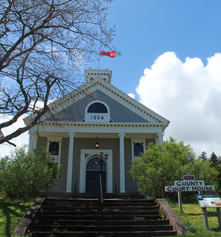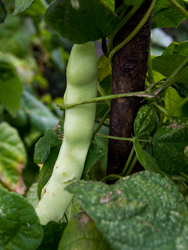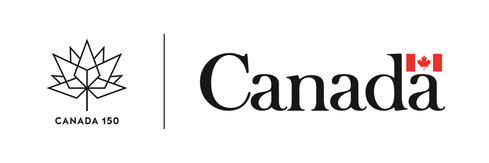
 Steeves Caseknife Bean
Steeves Caseknife Bean For centuries, people from other nations have immigrated to what is now New Brunswick. Some were wealthy immigrants who brought huge loads of possessions to the New World. Others were refugees, fleeing political turmoil, poverty or famine. Some came to our land with only the clothes on their backs—but sometimes treasures were hidden in the clothes. Sewn into the hem of a dress or tucked under a hatband, there could be gold coins, a diamond or seeds. For an immigrant, seeds were precious links to their homeland and culture, and a promise for their future.
The Albert County Museum is honouring and celebrating Canada’s heritage as we approach the 150th Anniversary of Confederation. New Brunswick culture is a tapestry of influences from the Mi’kmaq, Wolastoqiyik (Maliseet) and Passamaquoddy First Nations; settlers from what are now France, Germany, Ireland, Scotland, England and the U.S.; and more recent immigrants from all around the globe. Our rich cultural heritage is reflected in the diversity of foods we eat and the plants we grow.
In 2017, we will bring the stories of these cultures alive as we create a historical garden at the Albert County Museum in Hopewell Cape, NB. The garden will include plants with historical significance for the Maritimes and particularly Albert County, NB. We will plant crops that represent snapshots of Canada’s history, including
· Crops and wild plants harvested by First Nations;
· Grain grown by Acadians;
· Herbs passed from French settlers to Mi’kmaq and then to Acadian farmers;
· Vegetables brought by German settlers 250 years ago;
· Potatoes grown after the Irish Potato Famine, which brought many immigrants to Canada;
· Vegetables brought by recent immigrants to Canada.
With each type of plant, we will tell a story about its possible link to our history. The sharing of stories and seeds can strengthen our culture as we look towards the future.
If you would like to share your stories of past gardens and farms in rural Albert County, or if you have seeds or plants to share, please contact Janet Wallace by emailing [email protected].

 RSS Feed
RSS Feed